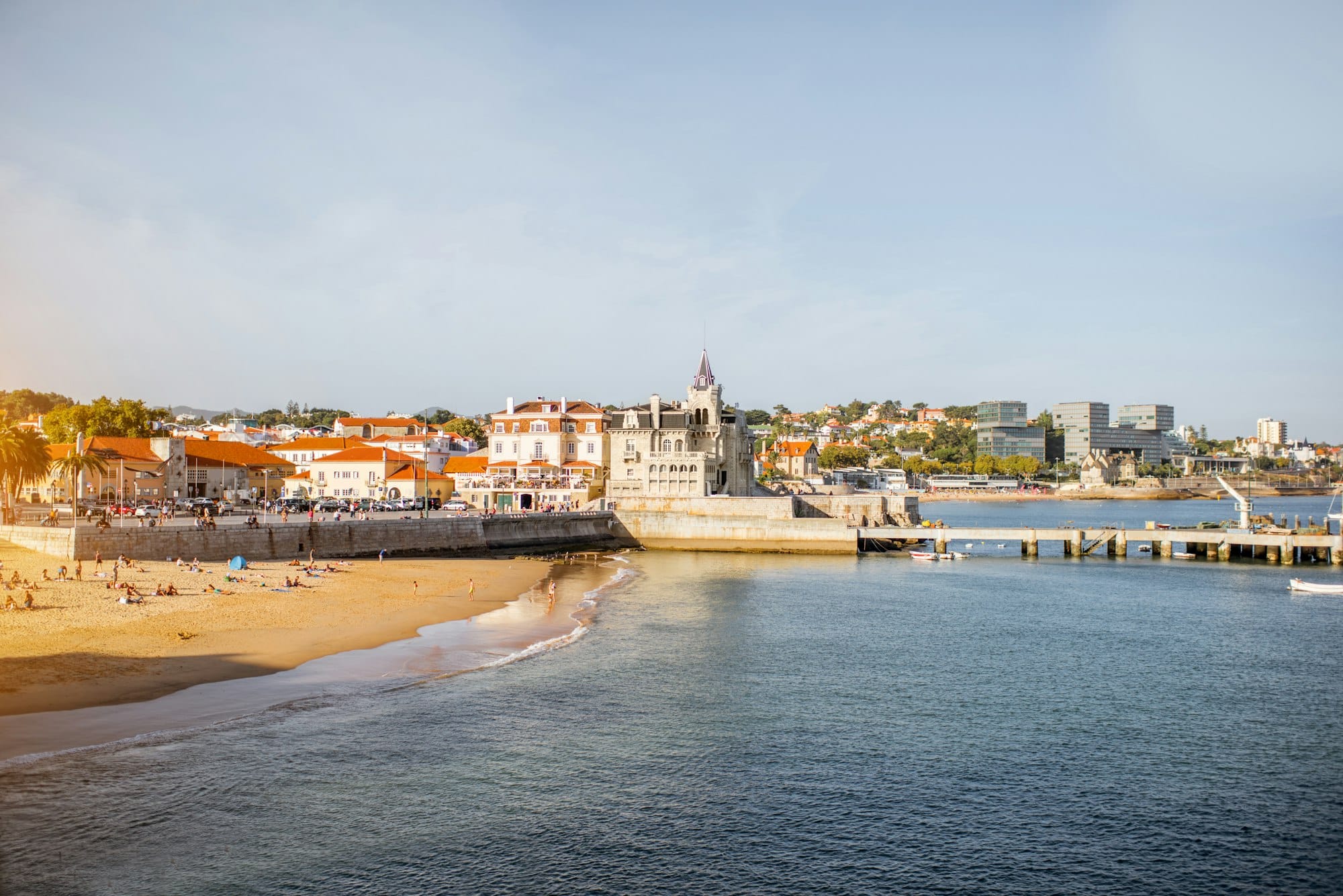Searches at Cascais Town Hall on suspicion of corruption, malfeasance and abuse of power
The suspicions that led to the search of the Cascais Town Hall, related to a Covid-19 surgical mask factory, may constitute crimes of passive and active corruption, prevarication and abuse of power, the Public Prosecutor’s Office said today. “The crimes that may be involved, in a still preliminary classification and dependent on better evidence, are … Continue reading Searches at Cascais Town Hall on suspicion of corruption, malfeasance and abuse of power
0 Comments
